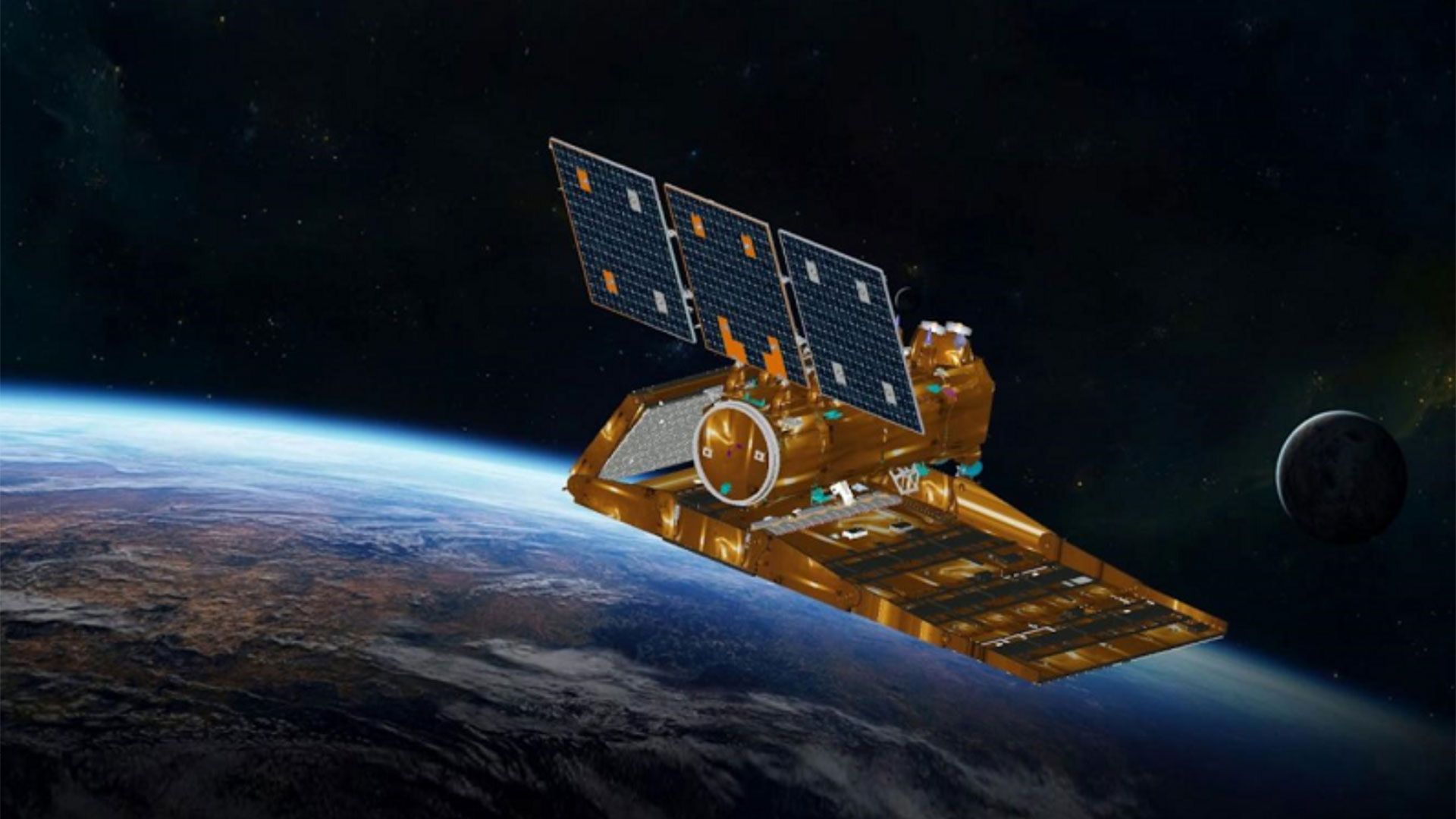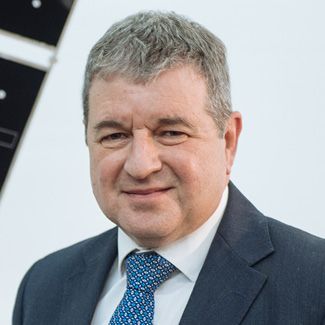
Sustainable space: When more means better

By Raúl Kulichevsky, Executive and Technical Director, National Space Activities Commission (CONAE), Argentina
When we think about space sustainability, it’s often associated with current problems: large amounts of space debris, a worrying increase in traffic, rising congestion, ever larger satellite constellations, collision risks, and the need to manage demand for the world’s shared orbit-spectrum resource.
Even so, more can mean better for space sustainable development.
But how? It seems like a contradiction.
In just over 60 years since the launch of the first artificial satellite, space activities and technologies have expanded rapidly, with a growing number of players involved. This is not only because more nations have launched satellites, but also because the private sector has joined the game.
According to studies by the World Economic Forum, it is estimated that “the global space economy will be worth USD 1.8 trillion by 2035, up from USD 630 billion in 2023.” Thus, the space ecosystem is experiencing one of its most challenging times, with almost unprecedented development of the space economy.
On one hand, the space sector offers humanity vast benefits in terms of telecommunications, Earth observation, meteorology, global positioning, and more. On the other, rapid expansion necessitates urgent solutions.
Adding to that urgency are ongoing advances in deep space exploration and the prospect of ambitious missions to the Moon and other celestial bodies.
Amid such challenges, international cooperation is crucial. And here: the more, the better.
Cooperative approaches
Cross-border cooperation, international collaboration, and regional integration enable all of us to achieve better results in space, enhancing interoperability, transparency, and responsible resource usage.
Furthermore, responsible space missions must involve both the governmental and non-governmental sectors, as well as industry and academia.
For the Argentine space agency, CONAE, cooperation has been a vital pillar since our founding in 1991.
We maintain the same approach today, whether in our optical and radar Earth-observation missions, or in our collaboration agreements with more than 32 nations and numerous academic and research institutions.
Broad cooperation has helped build up our national capacity in the private sector.
Argentina also has its own state-run ArSat communications satellites in geostationary orbits and a long tradition of amateur and professional astronomical observation and radio astronomy.
This is partly thanks to a territory privileged with suitable natural conditions and dark, silent skies. Yet these are also activities where international cooperation matters.
Ensuring spectrum access for all
Satellite orbits and the associated radio spectrum are a global resource that must be managed and conserved to remain accessible, usable, and indeed reusable in an equitable manner. Access must be without distinction as to any nation’s level of development, with the common resource preserved in the interest of future generations.
In the shared environment of orbital space, no operator or nation can act in isolation.
This makes international forums such as the Committee on the Peaceful Uses of Outer Space (COPUOS) and, for spectrum issues particularly, the International Telecommunication Union (ITU) indispensable to reflect diverse perspectives.
A key aim for our global community is to move forward without leaving anyone behind.
Collaboration through international organizations involves developing countries – either those with emerging space capabilities or those still new to the field – alongside developed countries with advanced space economies.
Including all those perspectives in debates and contributions allows the benefits of space access to reach all nations. In practice, this will make space development more equitable and sustainable.
These are key aims of ITU’s Space Sustainability Forum – bringing together space leaders and experts from around the globe to explore innovative solutions for the future of space-based systems and exploration.
Putting new missions on course
We face significant present and near-term risks. International cooperation must address the entire approach to new space missions – from design, launch and operation to eventual de-orbit and disposal.
Furthermore, space mission management and sustainability must remain a permanent topic on the agenda. Nor can we ignore projects to the Moon and beyond.
Meanwhile, ITU’s specific role in coordinating orbit-spectrum resource usage is fundamental for current and future space governance.
Coordinating, managing, and administrating spectrum can be complex. It requires balancing interests that, at times, may appear conflicting, as activities related to telecommunications, Earth observation, and deep space observation all vie for limited shares.
This is especially true when it comes to avoiding harmful radio interference or overlapping allocations between different services.
Space for everyone
Despite the challenges, space offers countless benefits and opportunities.
Global participation and cooperation are tools to keep us all on the path of sustainability.
The more of us join forces and work together, the better the results will be – in orbital space and beyond.
Find out more about the upcoming Space Sustainability Forum.
Register to attend
Header image credit: INVAP
